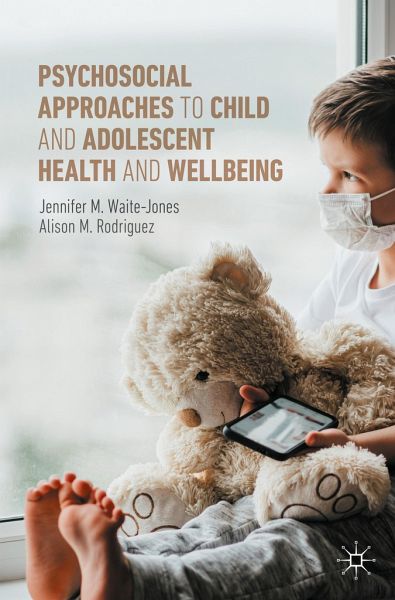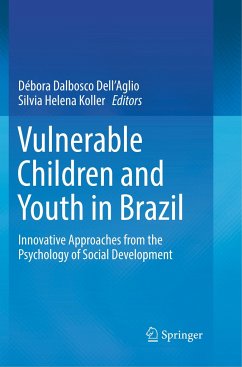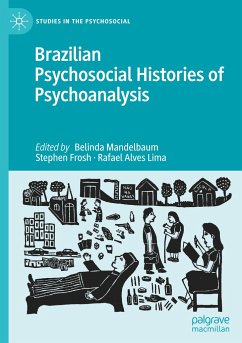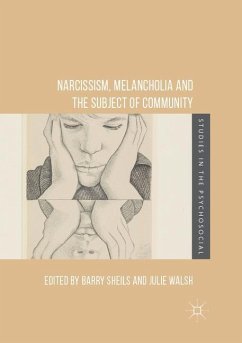
Psychosocial Approaches to Child and Adolescent Health and Wellbeing

PAYBACK Punkte
0 °P sammeln!
This textbook provides an engaging guide to psychosocial theories of child and adolescents' wellbeing, demonstrating how psychology and sociology can be used to address key contemporary issues for those working with children and adolescents. It begins with an examination of the socially constructed nature of 'childhood' and 'adolescence', and impact of cultural context on the conditions for 'well-being', before outlining core psychological and sociological theories of childhood and adolescence. It adopts a psychosocial approach to illustrate the influence of social context on biologically base...
This textbook provides an engaging guide to psychosocial theories of child and adolescents' wellbeing, demonstrating how psychology and sociology can be used to address key contemporary issues for those working with children and adolescents. It begins with an examination of the socially constructed nature of 'childhood' and 'adolescence', and impact of cultural context on the conditions for 'well-being', before outlining core psychological and sociological theories of childhood and adolescence. It adopts a psychosocial approach to illustrate the influence of social context on biologically based development in relation to topics including attachment, learning, play, parenting, family life, deviance, medicalisation, long-term conditions, vulnerability, and resilience.
Through encouraging analysis of a practice-oriented case study and offering reflective questions it provides a robust introduction to how psychosocial perspectives may be applied within health, social care, and education contexts. It offers students of Social Work, Nursing, Education, Psychology and Child and Adolescent Studies the critical and theoretical tools to evaluate the interlocking psychosocial factors influencing the lives of those who will be in their care.
Through encouraging analysis of a practice-oriented case study and offering reflective questions it provides a robust introduction to how psychosocial perspectives may be applied within health, social care, and education contexts. It offers students of Social Work, Nursing, Education, Psychology and Child and Adolescent Studies the critical and theoretical tools to evaluate the interlocking psychosocial factors influencing the lives of those who will be in their care.












